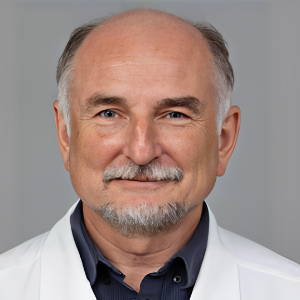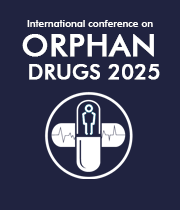Molecular Genetic Etiology
The modification of an organism's genome is known as molecular genetics (MG). The term molecular genetics can refer to a fundamental theory alleging that genes control all life processes by producing polypeptides, a more modest basic theory about gene expression and regulation at the molecular level, or an investigative approach used throughout biomedical science that is based on investigative strategies grounded in the basic theory about genes. Molecular genetics makes use of molecular biology's laboratory methods to link changes in the structure and sequence of human genes to functional changes in protein function, and so to health and disease. Many researchers have felt a strong personal responsibility to deliver mutation analyses for diagnosis, carrier detection, and even prenatal diagnosis to the families who have participated in their studies. Genetic testing for rare disorders can be done in a cost-effective manner and is a realistic option for clinical laboratories, according to research.
- Molecular Genetic Imaging
- Molecular Genetic Testing
- Clinical Molecular Diagnostics
- Epigenetics
- Somatic Influences on Disease
- Developmental Transcriptomics

Sergey Suchkov
The Russian University of Medicine & Russian Academy of Natural Sciences, Russian Federation
Vladlen Slepak
University of Miami, United States
Harsha Rajasimha
Jeeva Clinical Trials, Inc, United States
Vladlen Slepak
University of Miami, United States
Harsha Rajasimha
Jeeva Clinical Trials, Inc, United States
Sergey Suchkov
The Russian University of Medicine & Russian Academy of Natural Sciences, Russian Federation


Title : Emerging solutions for inclusive orphan drug clinical trials management
Harsha Rajasimha, Jeeva Clinical Trials, Inc, United States
Title : Ectopically expressed olfactory receptors as an untapped family of drug targets. Discovery of agonists and antagonists of OR51E1, an understudied G protein-coupled receptor
Vladlen Slepak, University of Miami, United States
Title : Personalized and Precision Medicine (PPM) as a unique healthcare model to secure the human healthcare and biosafety among childhood
Sergey Suchkov, The Russian University of Medicine & Russian Academy of Natural Sciences, Russian Federation
Title : Orphan and rare disease emerging as a global public health priority through the view of personalized and precision medicine: How to use the latter to revolutionize pediatric services
Sergey Suchkov, The Russian University of Medicine & Russian Academy of Natural Sciences, Russian Federation
Title : Personalized and Precision Medicine (PPM) though the view of reproductive healthcare, pediatric services and natural family planning: an option for clinicians and caregivers realize the potential of genomics-informed care to secure the individualized human biosafety
Sergey Suchkov, The Russian University of Medicine & Russian Academy of Natural Sciences, Russian Federation
Title : Democratizing ASO drug discovery at La Jolla Labs
Melissa Keenan, La Jolla Labs, United States